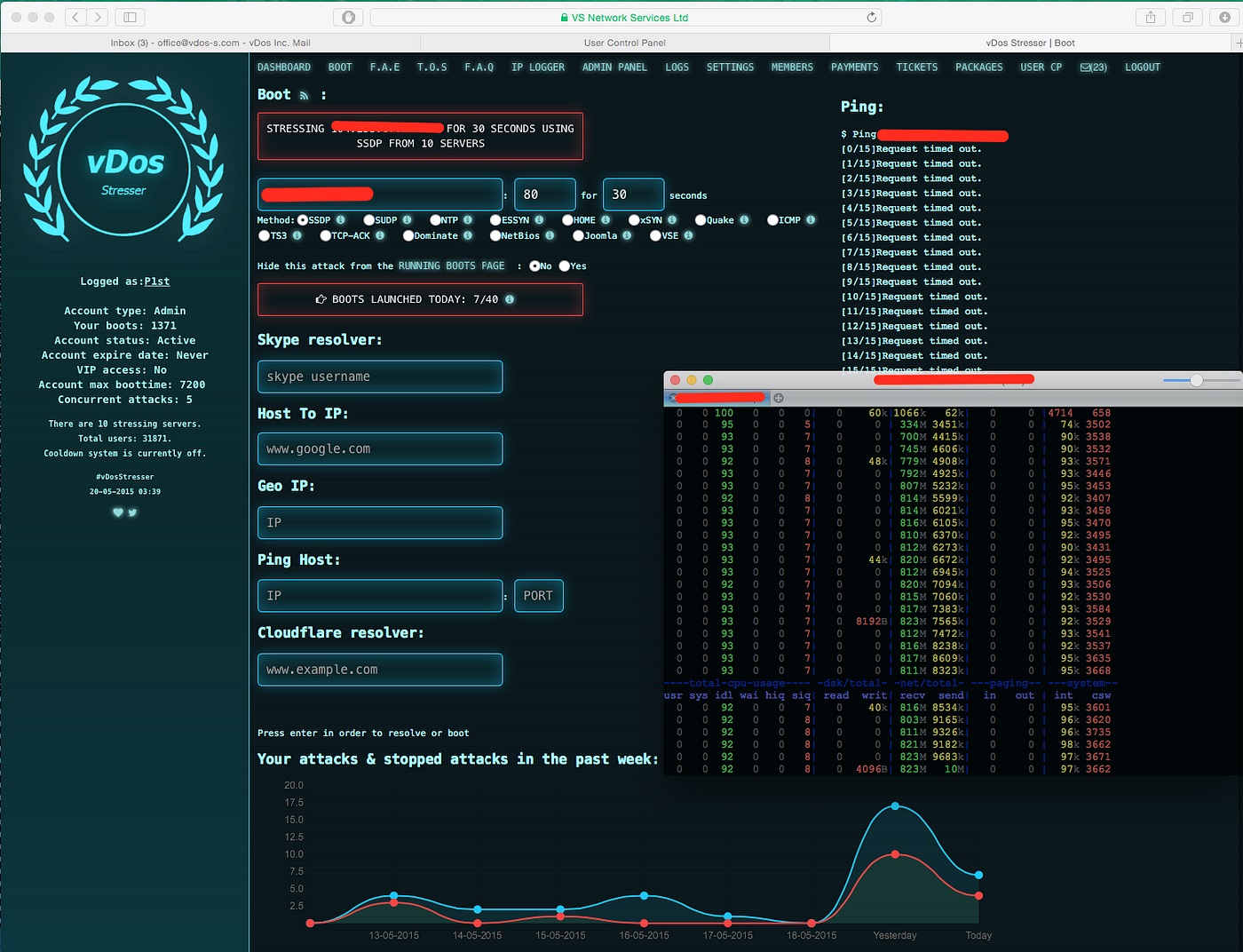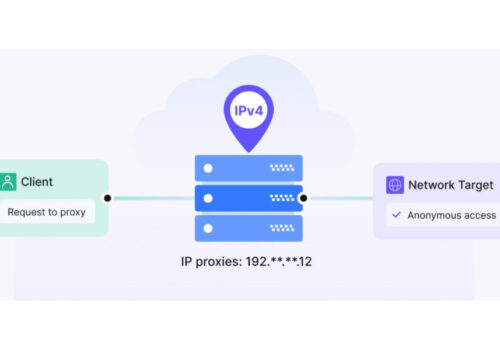Why you should avoid using ip booters for malicious purposes?
IP booter services, access to an army of compromised servers, and hijacked device targets with high volumes of network traffic. By essentially simulating denial-of-service (DoS) conditions, booters present temptation for those seeking easy ways to take down websites and services. However, using IP booters maliciously carries significant personal and legal risks all consider before attacking others online.
Could be branded a cybercriminal
Perhaps most obviously, leveraging booter firepower to disable assets belonging to someone else without permission casts you unambiguously as a cybercriminal. Denial-of-service attacks represent willful intent to disrupt business operations and inflict financial harm. Regardless of rationale or grievance, unlawful sabotage makes you the villain in the eyes of the law.
Multi-year prison sentences are possible
In multiple cases in stresser purchasers conducting DoS strikes that caused damages over $5,000 received multi-year federal prison sentences under the Computer Fraud and Abuse Act. Even juvenile attackers have served time. The consequences completely upend lives and derail careers for making very poor decisions in the heat of emotion. Test the strength and resilience of a server against DDoS attacks stresser.
Hefty financial penalties apply
Beyond potential prison time, courts today commonly issue restitution orders against convicted booter-enabled attackers to reimburse victims for business impacts, lost income, and recovery expenses. With average DDoS disruptions costing upwards of $250,000, financial judgments total well into six figures for those found culpable for the damages.
Reputations get ruined
Arrests and convictions for cybercrime rightfully carry heavy stigmas making professional advancement incredibly difficult. Many employers dismiss applicants over any hacktivism or cyber vandalism in their past. Booter misuse forever tags you as untrustworthy around computers and data a major impediment to desirable careers.
Schools impose disciplinary action
For minor perpetrators using booters against school systems, common punishments include suspension, expulsion, and blocked enrolment. Such disciplinary records hamper college admission and scholarship eligibility. Even if criminal charges get avoided via restorative justice programs, academic institutions still levy impactful sanctions.
Counter-retaliation is possible
Victims with cyber security capabilities sometimes manage to trace DoS traffic back to source IP addresses despite IP spoofing. Technologists adept at intrusion analysis may then counterattack directly against your devices and connectivity. By initiating events, you invite reprisals.
Devices could get hijacked
To fuel increasingly powerful DoS storms, booter services rely on large networks of enslaved machines and servers infected with malware like Mirai. By even visiting disreputable booter sites, you risk exposing control systems and IoT devices to infection attempts that co-opt them as unwilling attack proxies.
Could lose internet access
If an attacked organization reports your attack coordinated via your residential Internet connection to authorities and/or you’re ISP, they may revoke your account entirely. Having home access disconnected fully over abuse issues causes major disruptions. Reactivation may necessitate switching providers while facing contract termination fees.
Legal fees drain savings fast
If arrested for offenses related to booter-enabled misconduct, preparing even a nominal criminal defense burns through cash quickly. Just the initial lawyer retainer alone often exceeds $5,000. The financial impacts magnify further if found liable civilly. Loss of income from incarceration also takes a toll.





